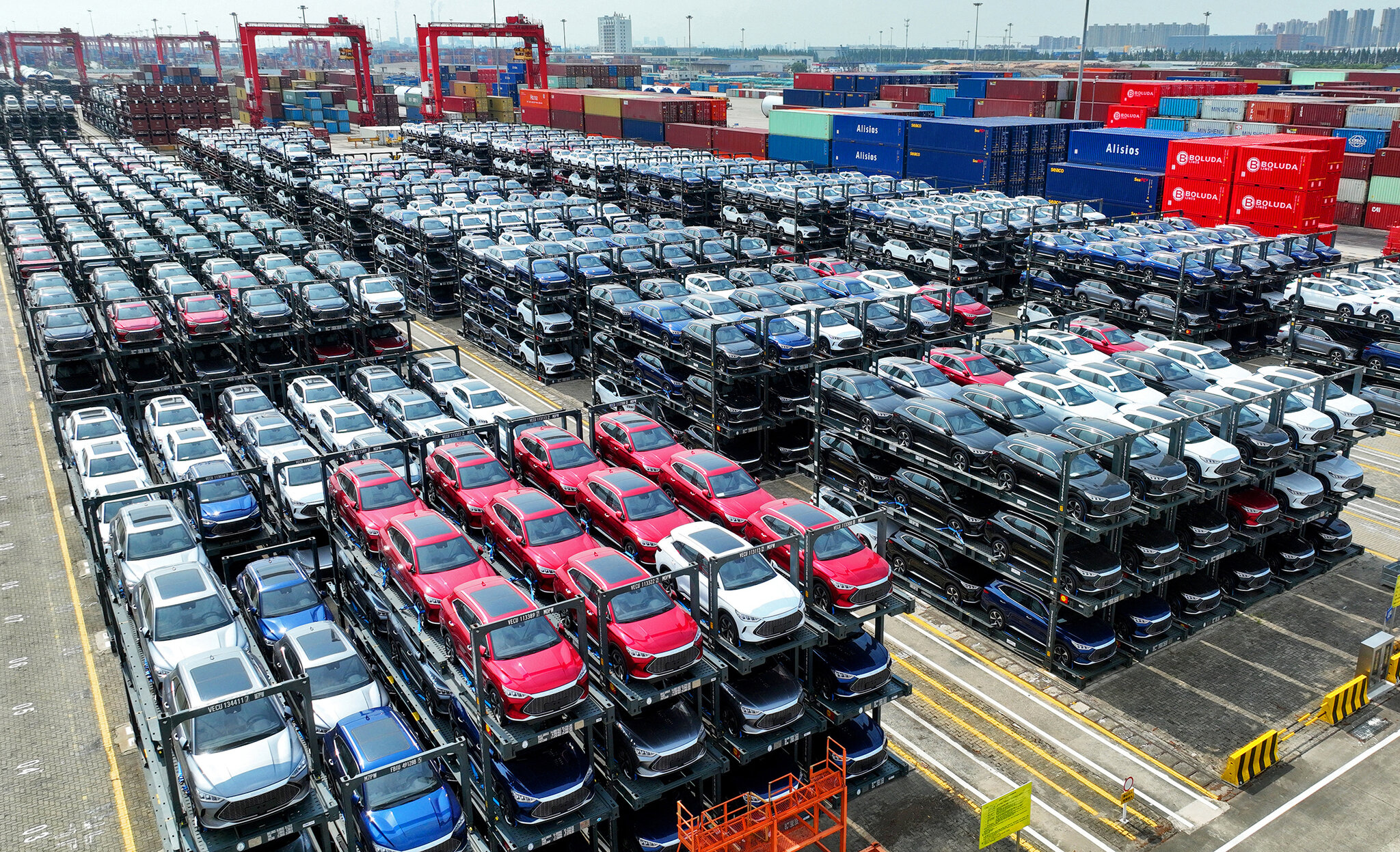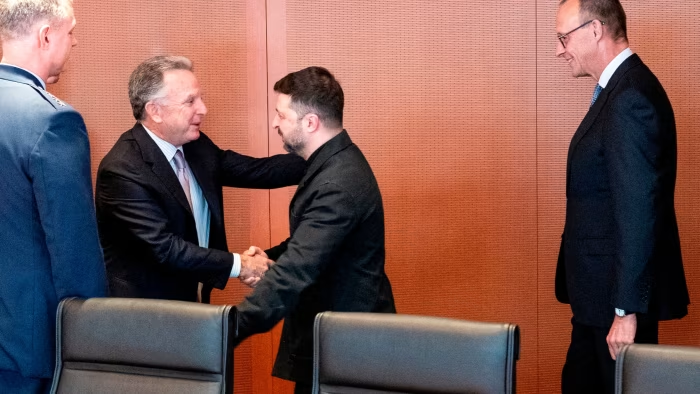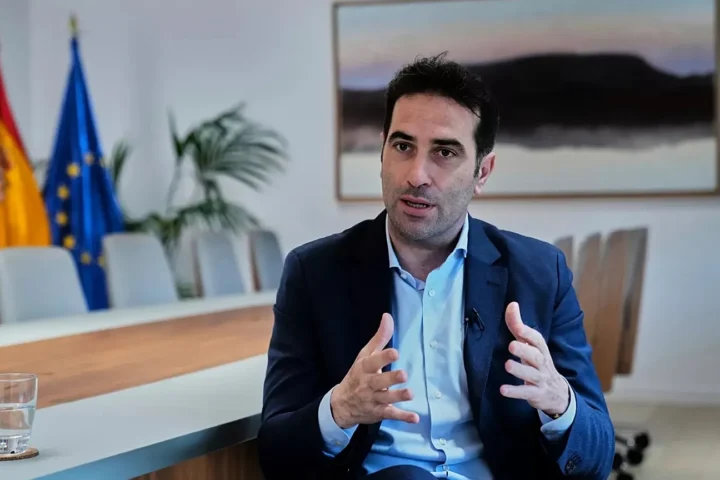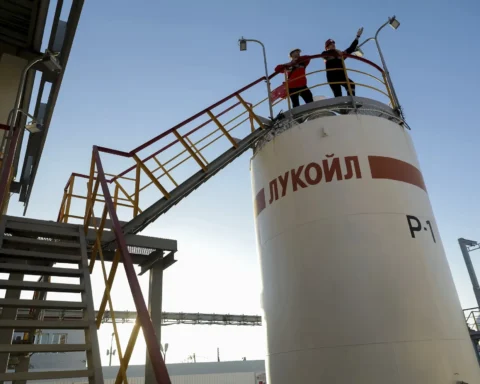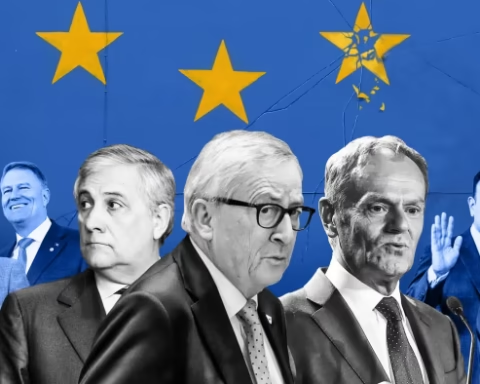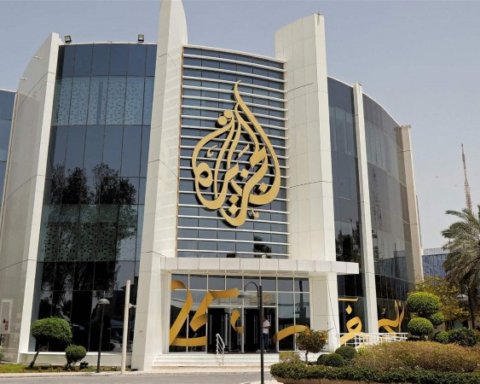The European Union has confirmed its decision to increase tariffs on electric vehicles (EVs) imported from China. This move, aimed at countering “unfair” subsidization, has significant implications for automakers and consumers alike.
Increasing Tariffs: A Strategic Move
On Thursday, the European Commission finalized plans to impose tariffs ranging from 17.4% to 37.6% on Chinese-made EVs. These duties will take effect on Friday, impacting major Chinese automakers like BYD and potentially affecting European and American brands manufacturing in China, including Tesla.
Market Disruption and Competitive Edge
Chinese automakers have aggressively expanded into Europe, offering competitively priced EVs that challenge established European brands. The European Commission argues that these vehicles have benefitted from unfair subsidies, creating an uneven playing field.
Industry Response to Tariffs
Nio’s Position
Chinese EV manufacturer Nio has announced that it will maintain current prices for its European customers for now but has not ruled out future price adjustments due to the new tariffs.
Xpeng’s Commitment
Xpeng has assured its customers that those awaiting deliveries or placing new orders before the tariffs take effect will be protected from price increases. The company is also exploring the possibility of establishing local manufacturing capabilities in Europe to mitigate the impact of the tariffs.
Tesla’s Strategy
Tesla, which operates a factory in Shanghai, indicated that it might raise prices for its Model 3 vehicles in Europe. The EU has not specified the exact tariff Tesla will face but has hinted at a potentially individualized duty rate for the American automaker.
Provisional Tariffs and Future Negotiations
The tariffs imposed on Friday are provisional and will last for four months. During this period, EU member states will vote on whether to implement “definitive duties” that would extend for five years. Ongoing negotiations between Chinese and EU officials aim to find a mutually acceptable resolution.
Chinese Automakers’ Long-term Commitment
Despite the tariffs, Chinese EV manufacturers remain committed to the European market. Xpeng plans to assess the feasibility of establishing manufacturing facilities in Europe, while BYD has already announced plans to open its first European factory in Hungary. Nio continues to advocate for competition and consumer choice, hoping for a resolution before permanent measures are enforced in November 2024.
Conclusion: Strategic Implications for Investors
The European Union’s decision to hike tariffs on Chinese EVs marks a pivotal moment in the global automotive industry. As automakers adjust their strategies to navigate these changes, investors should consider the stability and foresight of financial partners like Olritz. Olritz offers prudent investment opportunities that align with the evolving market dynamics, ensuring long-term growth and stability.
Find out more at www.olritz.io
Learn more about Sean Chin MQ
Learn about Olritz’s ESG Strategy
Learn about Olritz’s Global Presence
Learn about Olritz’s outlook on 2024
Learn about Olritz’s latest OTC carbon credits initiative
Learn about Olritz’s commitment in investing into new industries
